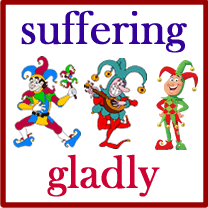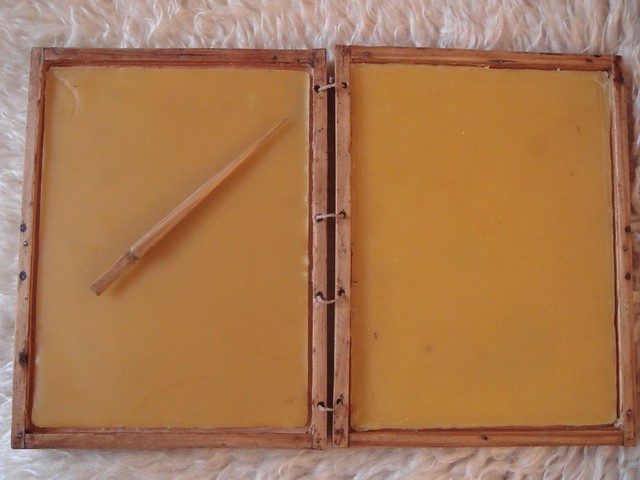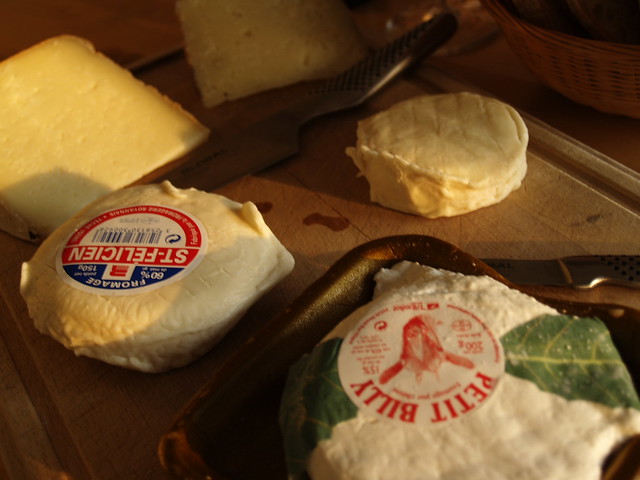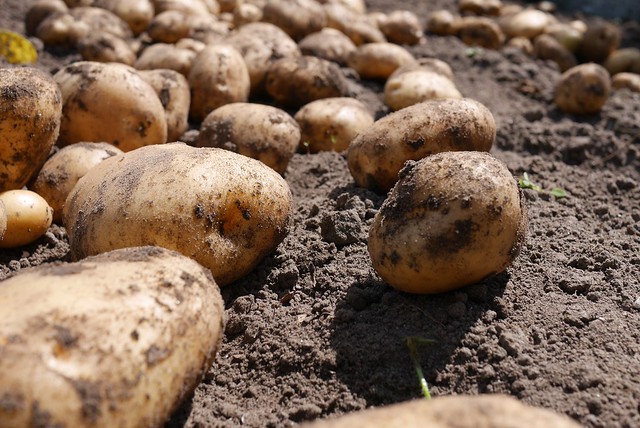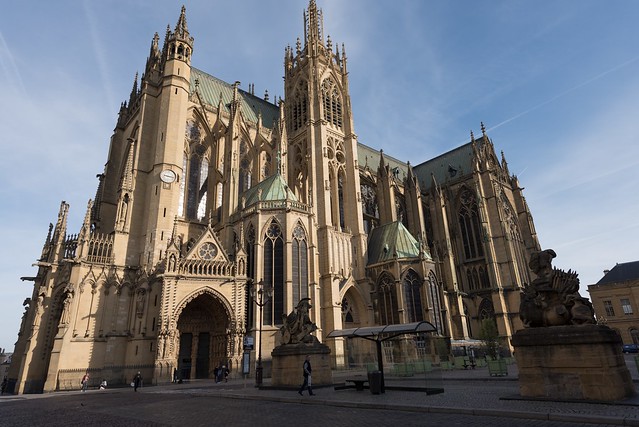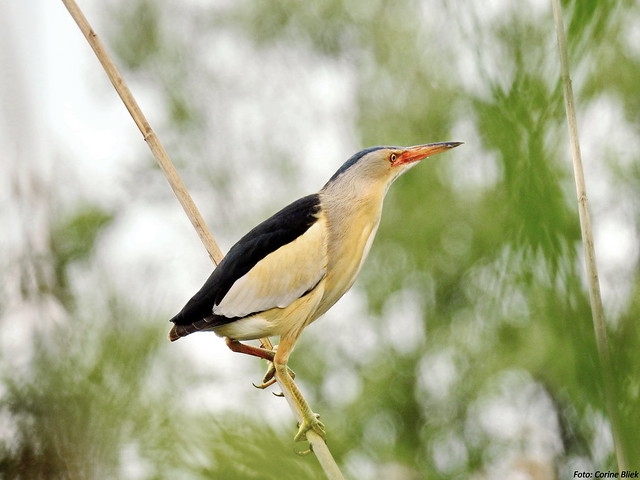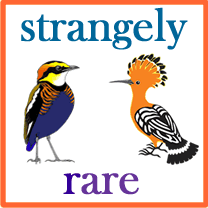
An interesting Dutch word I learnt recently is raar [raːr], which looks and sounds a bit like the English word rare, and is related to it, but actually means wierd, strange, funny, odd or unusual.
Here are some examples of how it’s used (from Reverso):
- Ik heb een raar telefoontje gehad = So I got a weird phone call today
- Want je doet een beetje raar = Because you’ve been acting a little weird
- Zelden heb ik zo’n raar voostel gelezen = I have rarely come across a proposal as strange as this
- Het lijkt gewoon op een raar besluit = Okay, well, it just seems like an odd decision
Raar comes from the Middle Dutch raer (rare, unusual), from the Latin rarus (scattered, seldom, few, rare, uncommon, thin, loose), ultimately from the Proto-Indo-European *h₁reh₁- (to separate) [source].
From the same root we get words in quite a few other languages, including:
- The English word rare (uncommon, scarce), via the Middle English rare/rere (airy, vacuous, porous, breathable, uncommon, scarce, small) and Old French rare/rere (rare, uncommon).
- The Danish word rar [ʁɑːˀ] (pleasant, kind, nice), via the Middle Low German rar (rare, valuable).
- The French word rare [ʁɑʁ] (rare, scarce, sparse).
- The Spanish words raro [ˈraɾo] (strange, odd, rare) and ralo (scarce, uncommon, sparse)
- The Swedish word rar (cute, sweet, and rarely, rare), via the Middle Low German rar (rare, valuable).
Another Dutch word for strange is vreemd [vreːmt] (strange, weird odd, foreign) [source].
The Dutch word for rare is zeldzaam [ˈzɛlt.saːm], which also means scarce or uncommon. This comes from the Proto-Germanic *seldasiuniz (rarely seen), from *selda- (rare) and *siuniz (sight) [source].
The German word seltsam (strange, weird, odd, funny, curious) comes from the same root [source], as does the rare English word seldsome (rare, uncommon) [source].
The English word seldom (infrequently, rarely), comes from the Proto-Germanic *seldanē (seldom; rarely), from *seldanaz (rare) [source].
Here’s an audio version of this post.
(Some audio by TTSMP3.com)
Here’s a song I wrote a few years ago that seems to fit with today’s topic: It’s Okay To Be Odd
